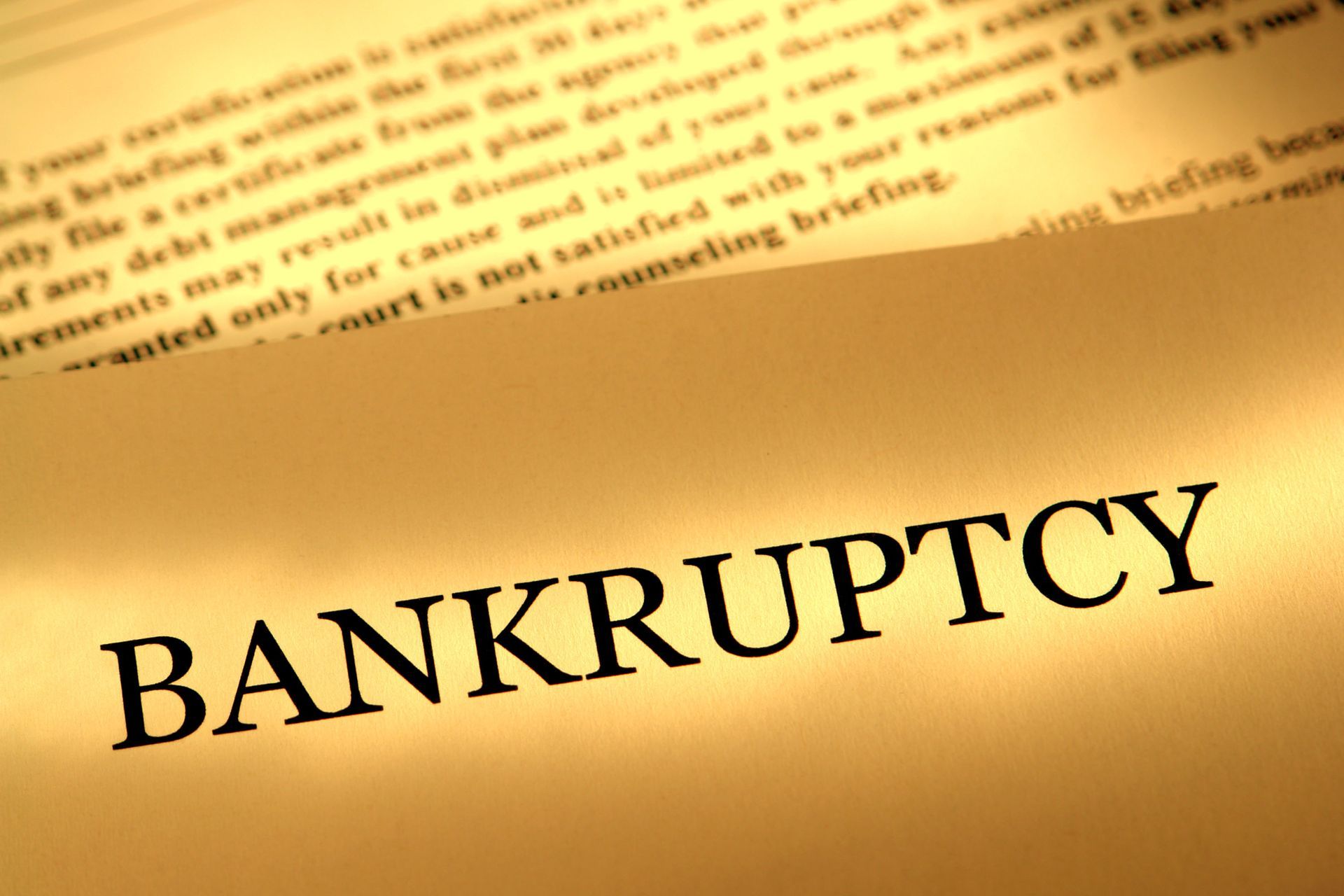Everything You Need to Know About Bankruptcy Laws
Bankruptcy is something that affects all kinds of people. There are different types of bankruptcy, too. For example, according to LegalJobs, medical bankruptcy is something that 24% of respondents face. With different forms of bankruptcy, it's important to have a good understanding of the various laws. Here's everything you need to know!
They Are There to Help Creditors Resolve Problems With Debtors
Due to the way that
bankruptcy laws act, they can keep a creditor from going after a debtor's property. The creditors may want to seize certain things, and when a debtor files for bankruptcy, that stops that process from playing out. It will give the debtor more time to think of a way to solve the issue.
They Can Give a Debtor a Fresh Start
There is a chance that the debtor could have their debts waived and be able to get back to a normal life without having to worry about the creditors. This way, they won't feel like they're always going to be looking over their shoulder to see if the creditor is coming after them.
They Can Help Companies Reorganize Rather Than Close
It can be demoralizing for a company to have to close its doors due to bankruptcy. By declaring bankruptcy, there are ways for the company to reorganize how it operates and come out on the other side with a better outlook. It can make for a lot of hard decisions about whom to keep as employees and what facilities they will still keep open or close.
There Are Different Chapters of Bankruptcy
The main chapters that people know of are Chapter 7, which is liquidation, Chapter 11, which details reorganization, and Chapter 13, which is individual bankruptcy. A law firm can help with each one. In the past, there was more of a stigma to declaring bankruptcy. That's not the case anymore. Certain economic situations have made it more common and less taboo. As a result, more people and companies are filing for it and then managing to resume their lives and businesses.
Do you need help from someone who is thoroughly familiar with bankruptcy laws? Our firm can handle Chapter 7, 11, and 13 bankruptcies, along with commercial litigation. We're here to answer any questions about how we can help you. Call Wendy M. Mead, Attorney today to get started.
Business Hours
- Mon - Fri
- -
- Sat - Sun
- Closed









Share On: